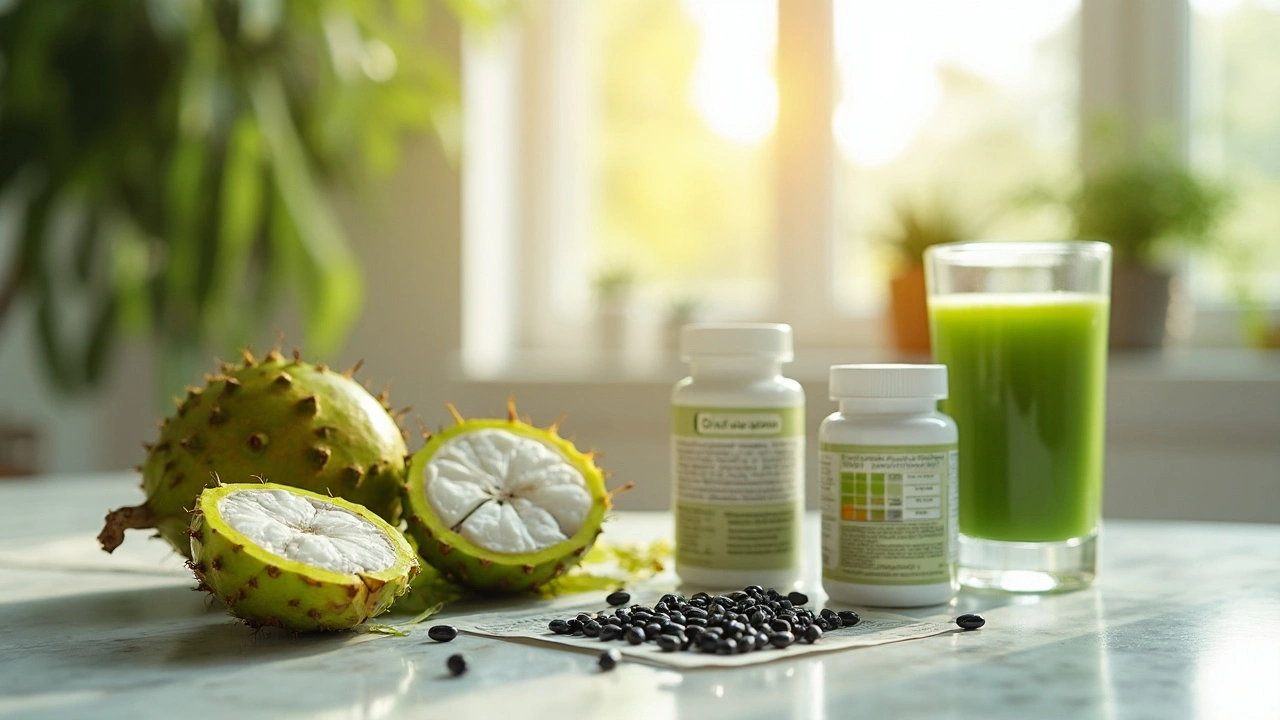Dietary Supplement Guide: How to Pick What’s Right for You
If you’ve ever stood in a pharmacy aisle staring at endless bottles, you’re not alone. Supplements promise everything from better focus to stronger immunity, but not all of them deliver. This guide breaks down the basics so you can spot the good stuff, skip the hype, and use supplements safely.
What Counts as a Dietary Supplement?
A dietary supplement is anything you take to add nutrients to your diet—vitamins, minerals, herbs, amino acids, or even enzymes. They’re meant to fill gaps, not replace a balanced meal. The FDA treats them differently than medicines, so they don’t need the same proof of effectiveness before hitting shelves.
How to Choose Safe and Effective Products
First, check the label. Look for a clear list of ingredients, the amount of each, and a reputable manufacturer’s name. If a product lists a “proprietary blend” without amounts, that’s a red flag.
Second, verify third‑party testing. Certifications from groups like USP, NSF, or ConsumerLab mean an independent lab checked what’s inside the bottle.
Third, match the supplement to your need. Want more vitamin D? A simple D3 capsule may be enough. Need joint support? Glucosamine or curcumin with proven doses can help. Avoid “miracle” blends that claim to fix dozens of issues at once.
Finally, talk to a healthcare professional. Even natural ingredients can interact with prescription meds, and your doctor can flag anything unsafe for your condition.
Here are three quick tips to keep your supplement game strong:
- Start low, go slow. Begin with the smallest recommended dose and see how you feel.
- Watch for side effects. Nausea, headaches, or stomach upset can signal a bad match.
- Keep a log. Note the product, dose, and any changes in how you feel. It helps you and your doctor track results.
Common supplement categories include:
- Vitamins & minerals – essential for overall health (e.g., vitamin C, calcium).
- Herbal extracts – like echinacea for immunity or turmeric for inflammation.
- Protein & amino acids – useful for athletes or anyone needing extra protein.
- Probiotics – support gut health with live bacteria.
Remember, more isn’t always better. Mega‑doses of some vitamins can be harmful. For example, too much vitamin A can damage the liver, and excess iron is dangerous for people who don’t need it.
When you shop online, stick to trusted sites that require a prescription for certain products, show clear pricing, and have customer reviews that mention product authenticity. If a price looks too good to be true, it probably is.
In short, the best supplement strategy is simple: know what you need, choose brands that prove quality, start low, and keep your doctor in the loop. With those steps, you can boost nutrition without the guesswork.

Tree Tobacco Supplement: Natural Benefits, Uses, and Precautions
This guide explores tree tobacco, its traditional uses, health benefits, dangers, and how to use it wisely as a dietary supplement.

Graviola Superfruit Benefits: Why This Dietary Supplement Stands Out
Graviola, also known as soursop, is gaining massive attention in the supplement world for its potent health benefits. This article dives deep into the real science, traditional uses, and the potential pros and cons of adding this tropical superfruit to your wellness routine. From immunity boosters to antioxidant power, you'll learn everything you need to decide if graviola deserves a spot on your shelf. Includes practical tips, honest facts, and a look at what experts really say. Get ready for a thorough, no-nonsense guide to graviola supplements.